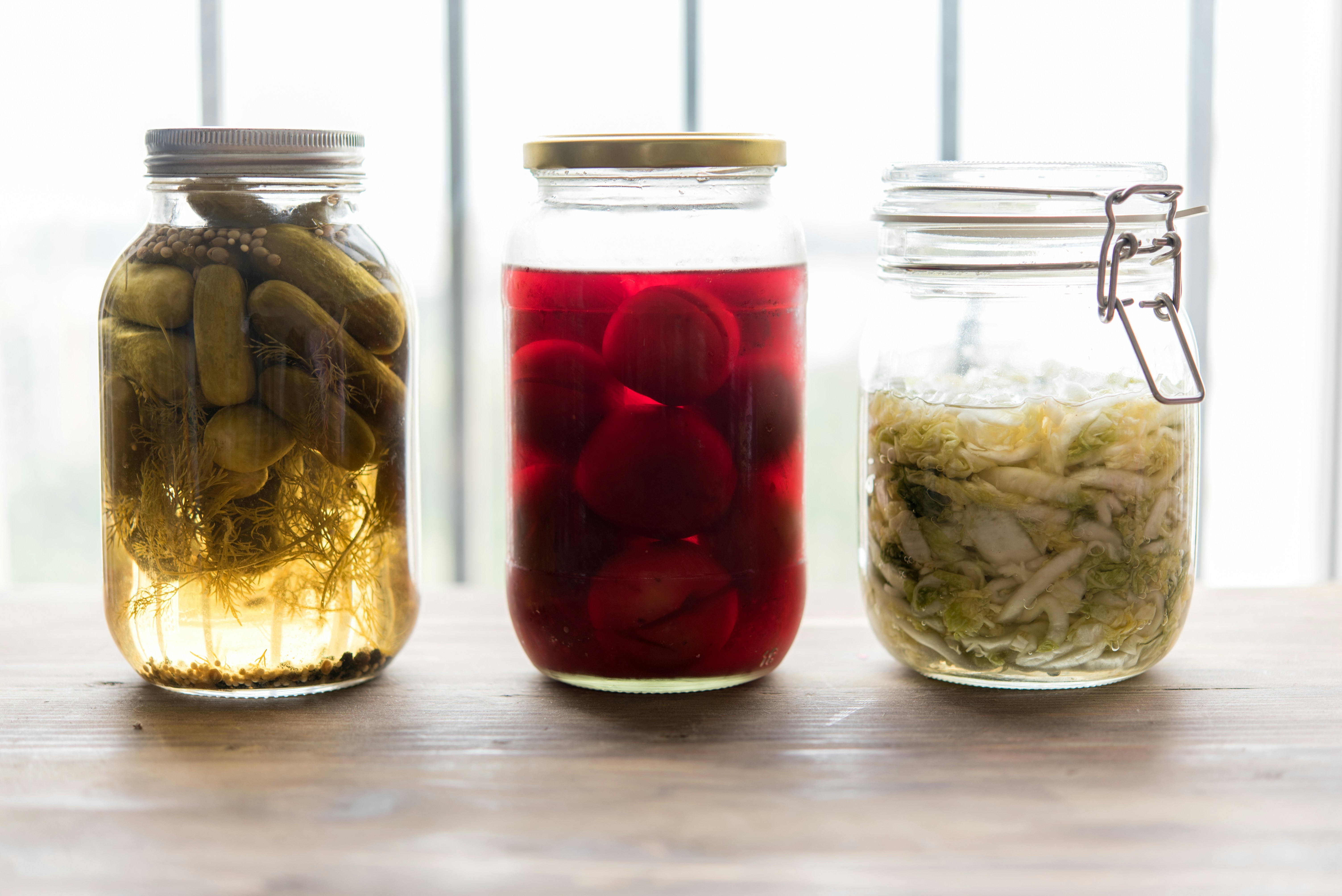Savoring the Sour: Exploring the World of Fermented Vegetables
Tangy, crisp, and bursting with complex flavors, fermented vegetables are taking the culinary world by storm. This ancient preservation technique is experiencing a modern revival, captivating food enthusiasts and health-conscious consumers alike. Join us on a journey through the fascinating realm of fermented veggies, where tradition meets innovation and flavor reigns supreme.
The beauty of fermented vegetables lies in their versatility. From crunchy pickles to zesty sauerkraut, the possibilities are endless. The process begins with selecting fresh, high-quality produce. Vegetables are then cleaned, chopped, and submerged in a brine solution or packed with salt to create an anaerobic environment. Over time, beneficial bacteria work their magic, transforming the vegetables into probiotic-rich, flavorful creations.
Global Fermentation Traditions
Fermented vegetables have been a staple in cuisines around the world for centuries. Each culture has its own unique traditions and techniques, resulting in a diverse array of fermented delicacies. In Korea, kimchi reigns supreme, with its fiery blend of cabbage, radishes, and chili peppers. Eastern European countries boast an assortment of pickled vegetables, from tangy cucumber pickles to earthy sauerkraut.
In Japan, tsukemono (pickled vegetables) are an essential part of every meal, offering a refreshing counterpoint to rich dishes. India’s diverse pickling traditions include spicy mango pickles and tangy lemon pickles. Meanwhile, Latin American countries have their own fermented vegetable specialties, such as curtido, a zesty cabbage slaw popular in El Salvador.
Health Benefits of Fermented Veggies
Beyond their culinary appeal, fermented vegetables offer a wealth of health benefits. The fermentation process creates beneficial probiotics, which support gut health and boost the immune system. These good bacteria aid in digestion, improve nutrient absorption, and may even help reduce inflammation in the body.
Fermented vegetables are also rich in enzymes, vitamins, and minerals. The fermentation process can increase the bioavailability of certain nutrients, making them easier for our bodies to absorb. Additionally, many fermented vegetables are low in calories and high in fiber, making them an excellent addition to a balanced diet.
DIY Fermentation: Getting Started at Home
Embarking on your own fermentation journey is an exciting and rewarding experience. With a few simple tools and ingredients, you can create delicious fermented vegetables in your own kitchen. Start with easy projects like sauerkraut or pickled carrots before moving on to more complex ferments.
Essential equipment includes clean glass jars, weights to keep vegetables submerged, and airlocks to release excess gases. Choose organic, locally sourced vegetables when possible for the best results. Experiment with different salt concentrations, spices, and herb combinations to create your own unique flavors.
Incorporating Fermented Veggies into Your Diet
Once you’ve mastered the art of fermentation, the possibilities for incorporating these tangy treats into your meals are endless. Use fermented vegetables as condiments, adding a burst of flavor to sandwiches, salads, and grain bowls. Blend them into dips and spreads for a probiotic-rich snack. Or simply enjoy them as a side dish to complement your main course.
For a creative twist, try using fermented vegetables in unexpected ways. Add finely chopped kimchi to fried rice or stir-fries for a spicy kick. Use sauerkraut as a topping for pizzas or mix it into potato salads for a tangy twist. The bold flavors of fermented vegetables can elevate even the simplest dishes, adding depth and complexity to your culinary creations.
Fermentation Tips & Facts
• Use non-iodized salt for fermentation, as iodine can inhibit bacterial growth.
• Keep fermented vegetables submerged in brine to prevent mold growth.
• Fermentation times vary depending on temperature and desired flavor intensity.
• Refrigeration slows down the fermentation process but doesn’t stop it completely.
• Properly fermented vegetables can last for months when stored in a cool environment.
• Some vegetables, like cucumbers, benefit from the addition of tannin-rich leaves to maintain crispness.
As we embrace the resurgence of fermented vegetables, we unlock a world of flavor, nutrition, and culinary creativity. Whether you’re a seasoned fermenter or a curious beginner, the art of vegetable fermentation offers endless opportunities for exploration and enjoyment. So grab your jars, gather your vegetables, and embark on a tangy adventure that will transform your approach to food and nourish your body and soul.







